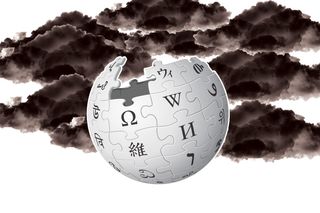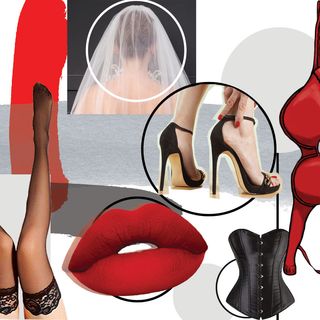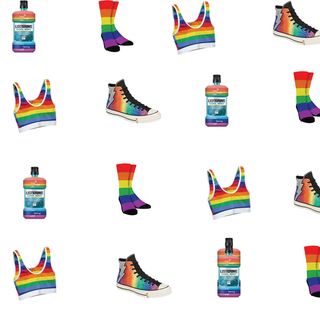
Hostility to Female Editors Keeps Wikipedia’s Gender Gap Wide
The world’s favorite encyclopedia is a distinctly male — and threatening — environment.

Wikipedia has long been known to have a gender problem — so well known, that there’s a Wikipedia entry recording it: “Gender bias on Wikipedia reflects the fact that a dominant majority of volunteer Wikipedia editors, particularly on the English-language site, are male,” the entry begins. “This has led to Wikipedia having fewer and less extensive articles about women or topics important to women.” Now, a new study sheds light as to why: many of the female Wikipedia editors who do exist report reversed edits, trolling on social media, sexual harassment, doxxing, real-world stalking and death threats from male members of the community.
Wikipedia: no safer than the rest of the internet for women.
The digital encyclopedia operates by open editing — anyone, anywhere, can update an entry. In such a system, editors function not only as disseminators of information, but as policers of others’ work — the goal being to chronicle the “sum of human knowledge,” as one of the platform’s founders has put it, through democratic means; an encylopedia for the people, by the people. In this system, though, roughly 80% of English-language Wikipedia editors are male. And in this system, prominent women, in history and in present day, go unfeatured; last year, an editor at Wikipedia (gender unknown) rejected an application to include on the platform an entry for physicist Donna Strickland, who wasn’t considered notable enough. Strickland won the Nobel Prize for her invention of a laser technique that affects everything from medicine to cell phone manufacturing, only months later.
Related on The Swaddle:
How Our Digital Spaces Came to Be Unequal and Unsafe for Women
Previous research exploring Wikipedia’s gender gap has suffered from the same problem as the platform, said the study’s co-author Amanda Menking, a PhD candidate with the University of Washington’s Information School; it didn’t take women’s voices into account. These studies “kind of position the gender gap as a woman problem,” said Menking in a video made by the researchers. “So, ‘women don’t like criticism; women don’t like conflict; women don’t have the technical skills to edit.'”
In response, in recent years, Wikipedia edit-a-thons have become popular attempts to get more women involved in the encyclopedic community, and to record more diverse perspectives and subjects. While valuable, these initiatives don’t solve the underlying problem, researchers say.
“People can get harassed when they’re editing content in Wikipedia,” the study’s co-author Wanda Pratt, Ph.D., a professor in UW’s Information School, said in a statement. “If you’re constantly getting negative feedback for doing something, how often are you going to do it?”
Many female Wikipedia editors reported gender-based danger from within the Wikipedia community during the course of Menking and Pratt’s study. “I hate to say it’s common,” said Rosie Stephenson-Goodknight, a Wikipedia editor and administrator since 2007, in the video, “but it does happen.”
While Wikipedia has an entry for an Administrator Code of Conduct, at the top is a notice that it is a failed proposal, that “consensus for its implementation was not established within a reasonable period of time.” Similarly, the Ethical Code for Wikipedians starts with a notice that the entry is “not one of Wikipedia’s policies or guidelines, as it has not been thoroughly vetted by the community.” While Wikipedia does offer official behavior guidelines — which boil down to: don’t be a jerk — the only recourse that seems to be available, in the platform’s actual policies and guidelines, is an email to the Arbitration Committee in the event of administrator abuse. (And we all know how great internal arbitration is for women and minorities.) As for harassment of any kind in venues external to Wikipedia, the platform’s official advice to its community is: “ignore it.”
“Wikipedia says it’s the sum of all human knowledge and it’s the encyclopedia anyone can edit. That is a pretty big claim,” Menking said in a statement. “There’s also a responsibility to be held to those claims, that if you say you are the sum of all human knowledge then you needrepresentative humans contributing that information.”
CORRECTION: An earlier version of this article reported hostility toward non-binary editors, as well as toward female editors. While Wikipedia is known for its lack of both, the research cited only explored the experiences of female editors.
Liesl Goecker is The Swaddle's managing editor.
Related


A to Z: A Concise Dictionary of Unfeminist Fashion
